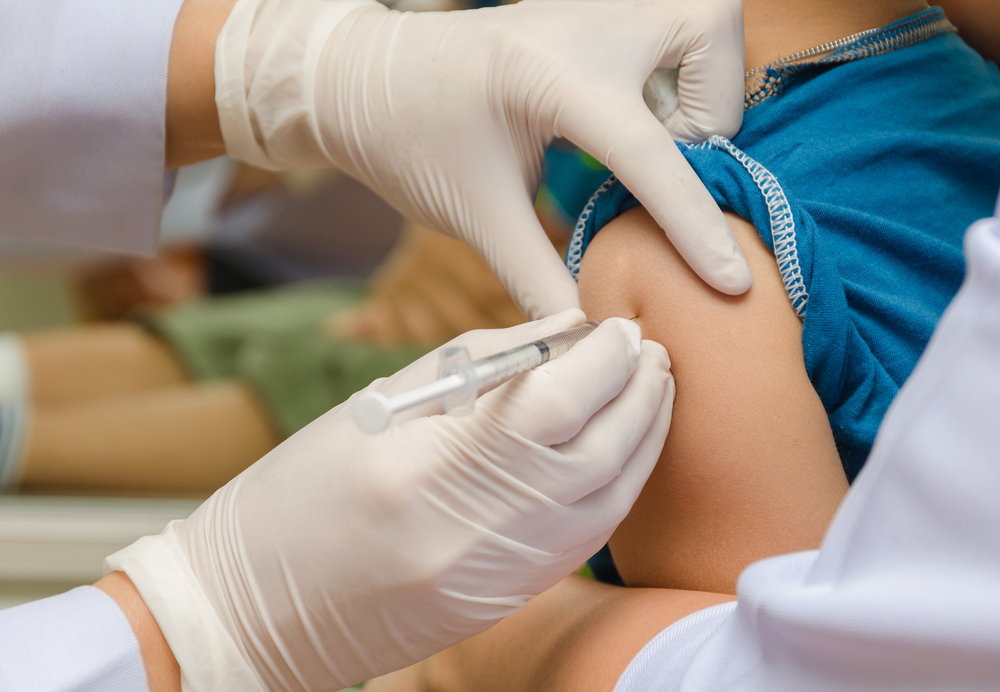
French pharmaceutical giant Sanofi Pasteur on Monday declined a demand from the Philippine government to reimburse the entire P3.5 billion spent on its anti-dengue vaccines in 2016.
The Dengvaxia manufacturer last year revealed that the vaccine could lead to severe disease if administered to participants who have not been infected by the Dengue virus before. Last month, Sanofi has given back initial P1.16 billion refund for unused Dengvaxia vials.
In a statement, Sanofi told the Department of Health (DOH) that it “respectfully declined” to refund the Philippine government for used vaccines and support compensation fund.
“Agreeing to refund the used doses of Dengvaxia would imply that the vaccine is ineffective, which is not the case,” the pharmaceutical giant said.
“The data remains quite clear that, in absolute terms, dengue vaccination in the Philippines will provide a net reduction in dengue disease, including severe dengue and, thereby, reduce the overall public health burden associated with this disease,” it added.
The drug-maker also rejected the Health department’s request to cover the hospitalization and medical treatment of all vaccinated children who might have severe dengue.
“As for the indemnification fund, there are no safety or quality concerns about the Dengvaxia vaccine… Should there be any case of injury due to dengue that has been demonstrated by credible scientific evidence to be causally related to vaccination, we will assume responsibility,” Sanofi said, referring to the findings of University of the Philippines-Philippine General Hospital (UP-PGH) Dengue Investigative Task Force.
The health experts announced last week that there was no evidence directly linking Dengvaxia to the deaths of any 14 children vaccinated with Dengvaxia.
According to the report of Dengue Investigative Task Force, three of the 14 children died due to “dengue shock syndrome” after receiving the vaccine, while two of the three deaths could have resulted from vaccine failure.
The PGH panel of experts suggested to conduct further investigation before the findings is declared final.
Sanofi vowed that it would continue to cooperate with the authorities to look for the best solution for the prevention of the mosquito-borne disease.
“We look forward to a continued dialogue with the Philippine government,” the French firm said.
On December 1, Health Secretary Francisco Duque III ordered the suspension of the school-based dengue vaccination program following concerns over the risks posed by the vaccine to those people without prior infection. The program was launched during the Aquino administration in 2016.
At least 830,000 public school students In Metro Manila, Central Luzon, and Calabarzon had been vaccinated under the government’s immunization program.